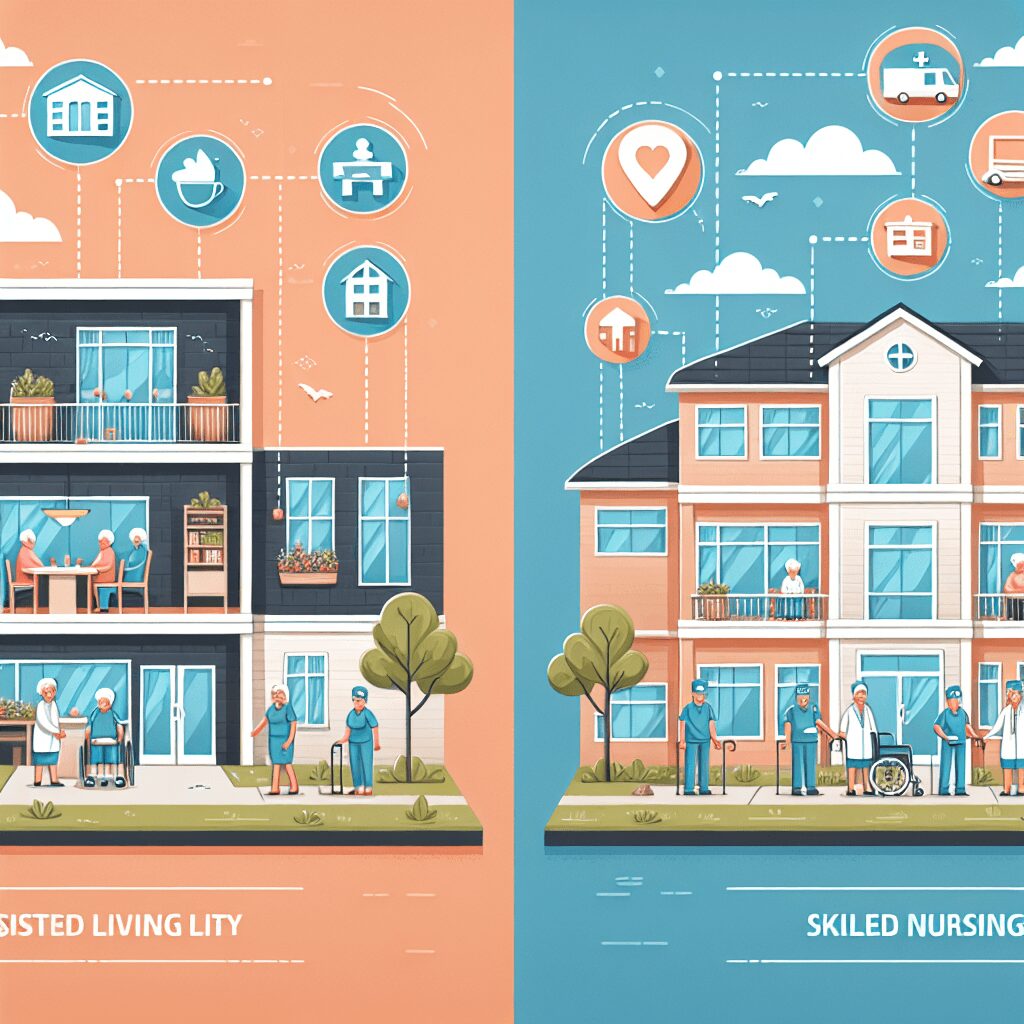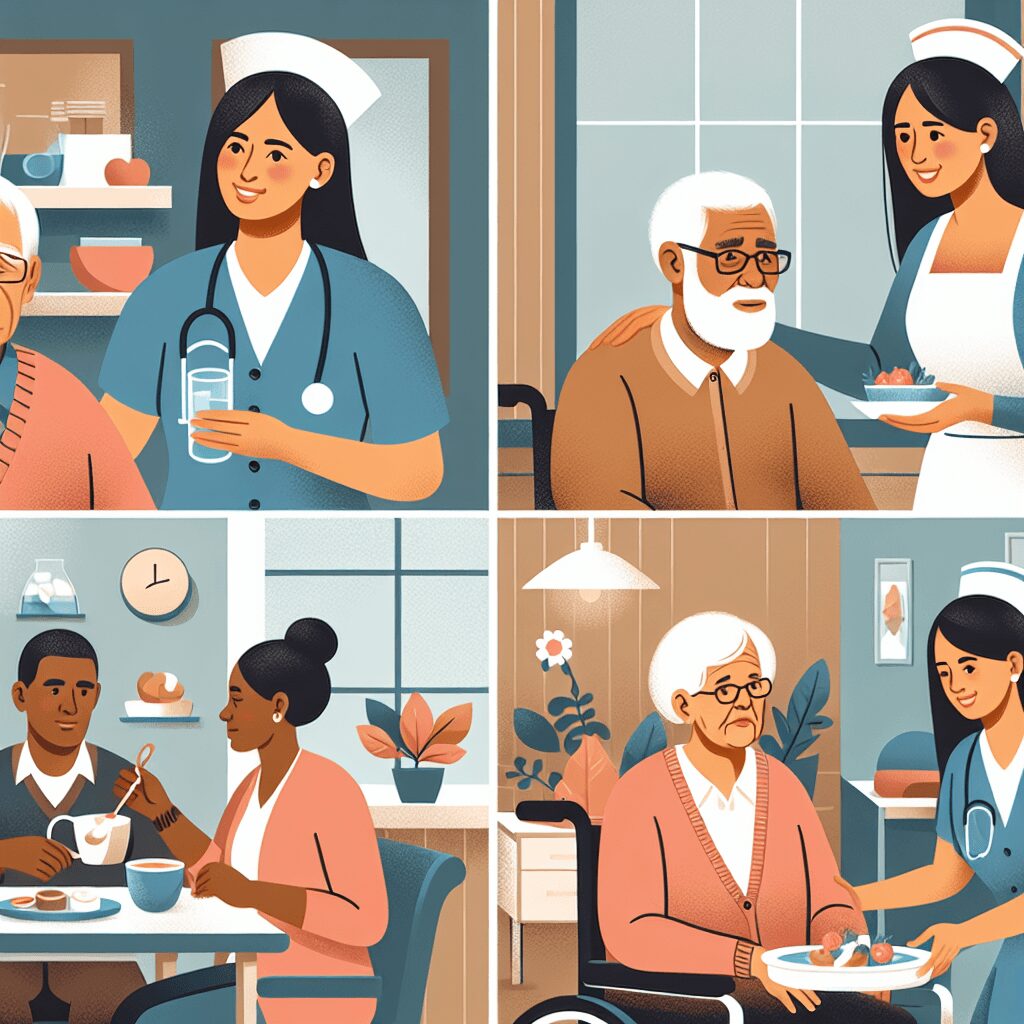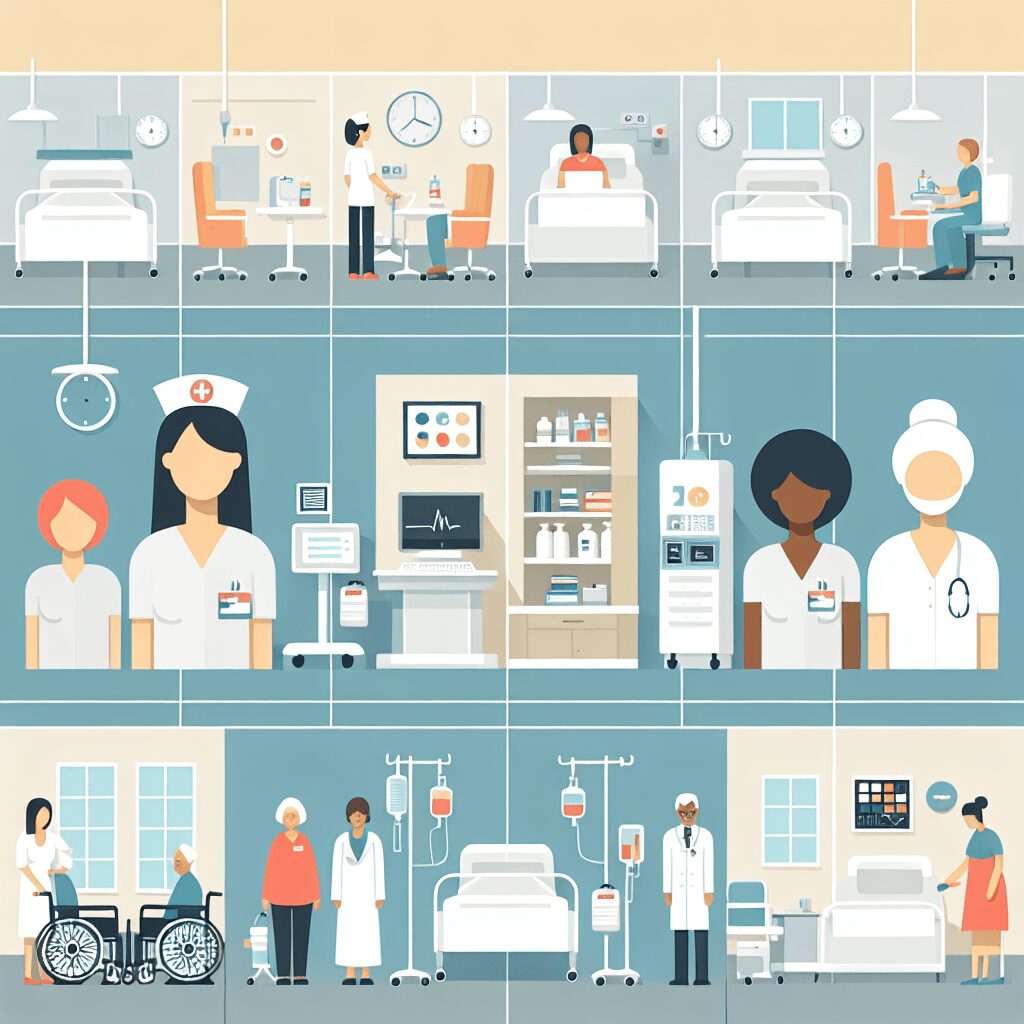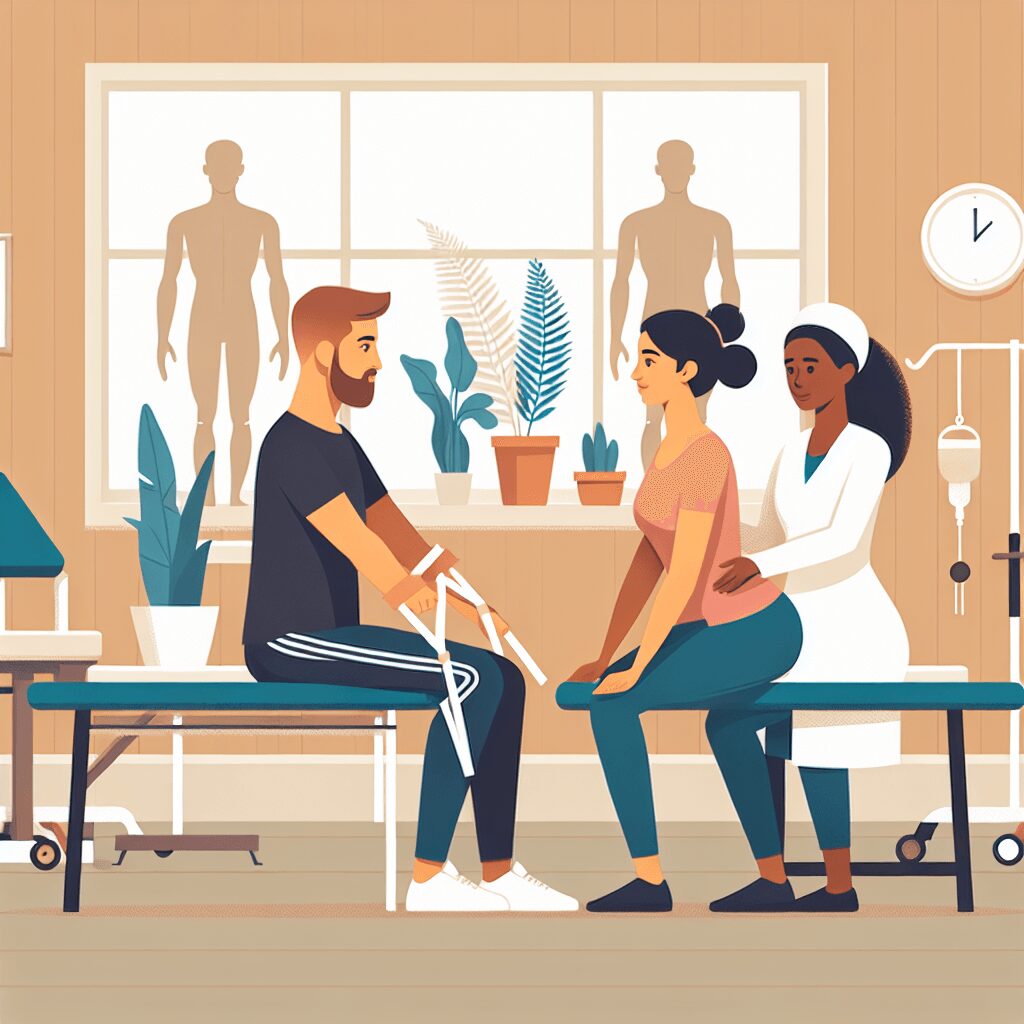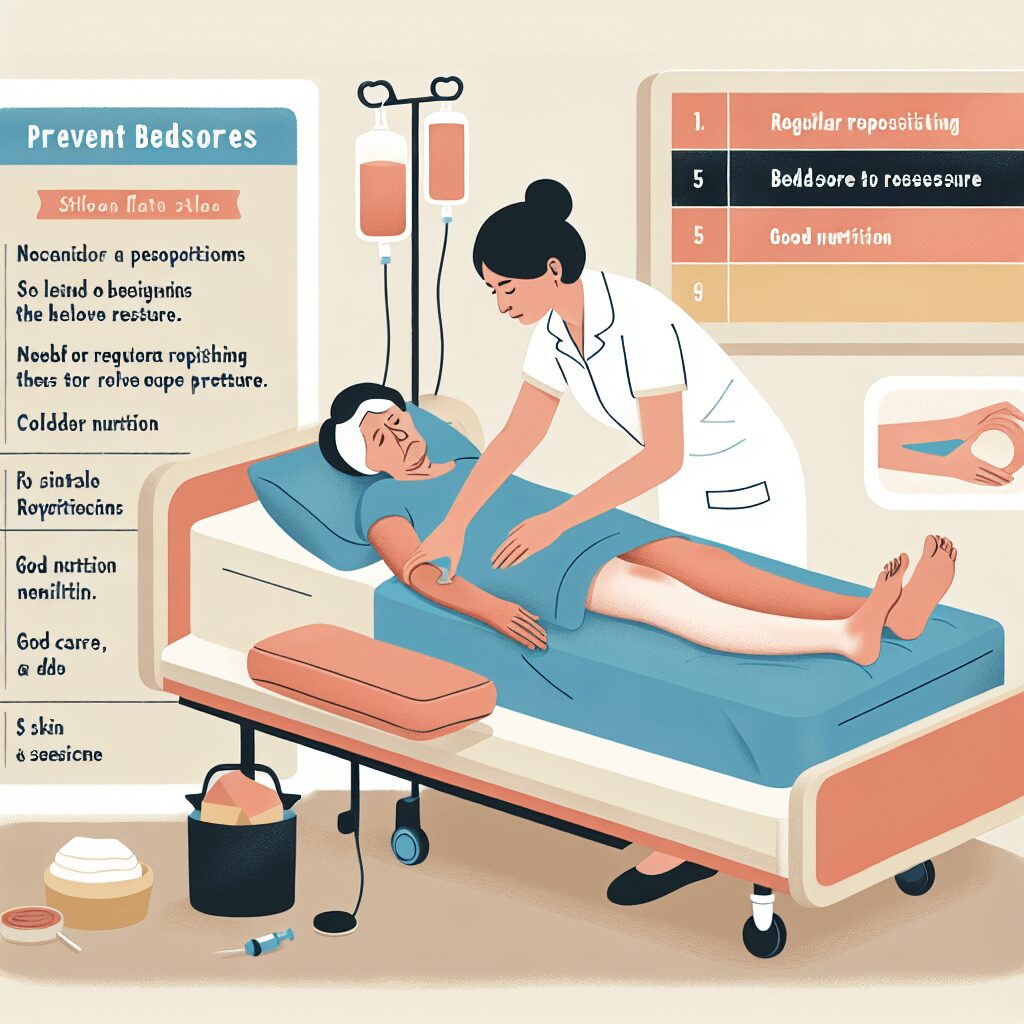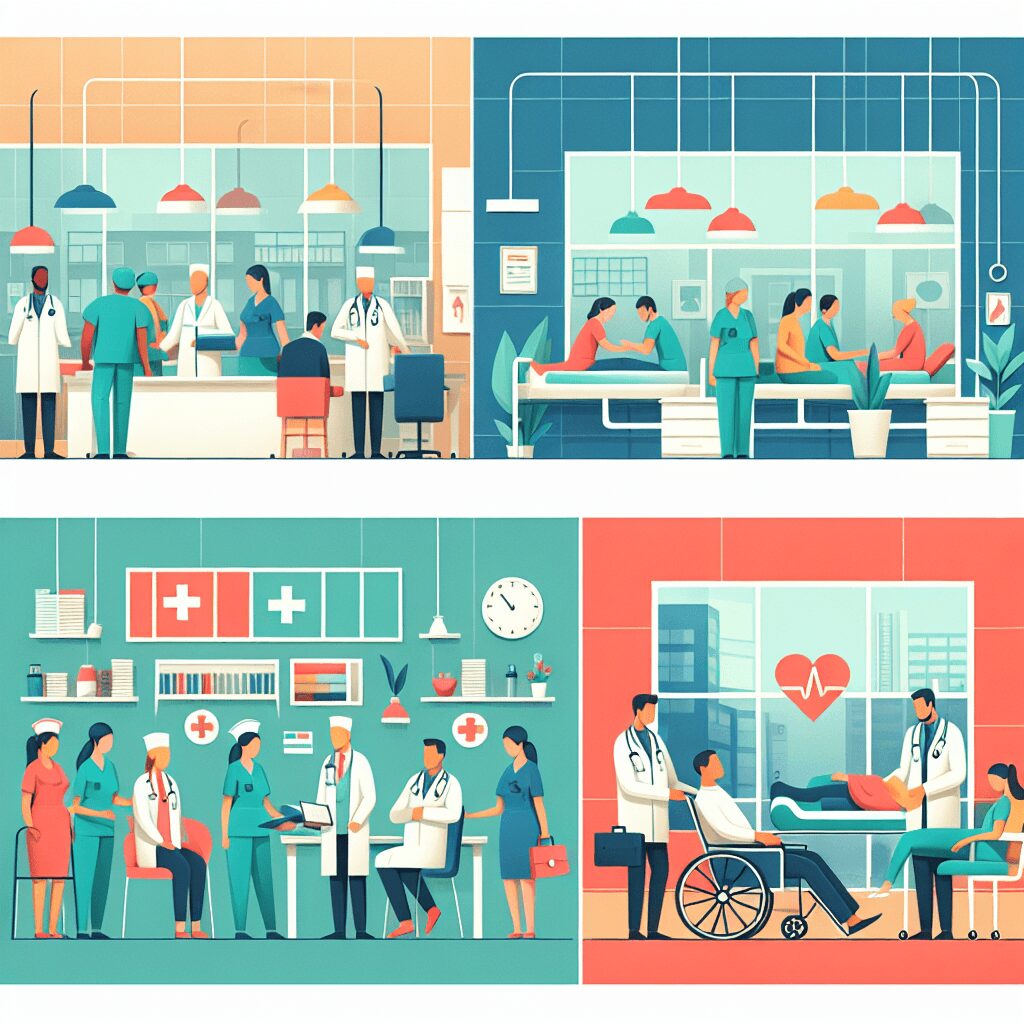Choosing the right care can be hard. Two main options are assisted living and skilled nursing. Assisted living is like living on a cruise ship. It’s social and independent, with help when you need it. Skilled nursing gives 24-hour medical care. It’s for people with complex health needs.
Knowing these differences can make choosing easier. It will help you or your loved one find the best option.
Assisted Living vs. Skilled Nursing: Unpacking the Differences
Assisted living facilities help with daily living activities and medication management. They do not offer 24/7 nursing care like skilled nursing facilities.
Residents in assisted living must be able to walk independently and not have severe cognitive issues. Assisted living communities focus on promoting independence and social activities.
Skilled nursing facilities provide 24/7 nursing care, including therapy services. Nursing services can be paid for through insurance, Medicare, Medicaid, or private payment.
The cost of skilled nursing care is generally higher due to the intensive medical support provided. Skilled nursing facilities cater to those with acute and complex health care needs.
Residents in skilled nursing facilities receive round-the-clock medical supervision and share semi-private rooms. Advanced services like wound care and ventilator support are available.
What is the Difference Between Assisted Living and Skilled Nursing?
Understanding Assisted Living Care
Assisted living facilities help with daily activities and offer amenities like meals, utilities, and activities. They promote independence, social engagement, and community living.
Skilled nursing facilities, on the other hand, provide around-the-clock nursing care, medical supervision, and therapy services. They focus on intensive medical support and rehabilitation.
The cost of assisted living is usually lower because of the level of care. Choosing assisted living allows for independence and social engagement, while skilled nursing is more about medical care and therapy.
In-Home Nursing Care: A Personalized Alternative to Nursing Facilities
Nursing facilities offer crucial medical care and supervision for individuals requiring continuous health support. However, their institutional nature may not always cater to the personal preferences and specific needs of each resident, impacting privacy, independence, and individualized attention.
An appealing alternative is in-home nursing care, which allows patients to receive professional medical services directly in their own homes. By opting for a home health care agency, individuals can benefit from a personalized care plan tailored to their specific medical needs and daily living requirements.
This approach ensures that the care provided aligns closely with the patient’s preferences and lifestyle, promoting greater comfort and well-being. In-home nursing care also offers the flexibility to address changes in health status quickly, providing a more adaptable and responsive level of care compared to a nursing facility.
In-home nursing not only supports medical needs but also helps maintain a higher quality of life. Patients can stay in familiar surroundings, maintain their routines, and have more control over their environment. This personalized and comfortable setting can lead to better mental and emotional health, fostering a sense of independence while still accessing the professional care and support they need. For many, this balance between high-quality medical care and the comfort of home makes in-home nursing a preferable choice to traditional nursing facilities.
Services Offered in In-Home Nursing Care:
-
IV Therapy: Administration of fluids, medications, or treatments directly into the bloodstream.
-
Administering Injections: Safe delivery of injections like insulin or vaccinations at home.
-
Preventing Falls: Implementation of fall prevention strategies and home safety assessments.
-
Heart Failure Patient Care: Customized care plans for heart failure management.
-
Patient Education: Education on managing chronic conditions and medication adherence.
-
Colostomy Care: Expert support for stoma care and addressing complications.
-
Vital Signs Monitoring: Regular monitoring of blood pressure, pulse, and temperature.
-
Respiratory Care: Personalized care plans for respiratory conditions, including medication management and oxygen therapy.
-
GI Tube Feeding Assistance: Support for patients with gastrostomy or jejunostomy tubes.
-
Oncology Care: Comprehensive care for cancer patients, including symptom management and chemotherapy administration.
In-home nursing care offers a comprehensive range of services designed to meet patients’ diverse needs while promoting comfort, independence, and well-being within the familiar setting of home.
Why In-Home Skilled Nursing is Better Than Assisted Living for Medical Care
In-home skilled nursing offers superior medical care compared to assisted living. Unlike assisted living, which mainly provides help with daily activities, in-home skilled nursing brings expert medical care directly to the patient’s home. This approach allows for personalized and flexible care, tailored specifically to the patient’s needs.
One of the biggest benefits of skilled in-home nursing is the personalized attention from trained healthcare professionals. This direct, one-on-one care ensures that medical needs are addressed promptly and effectively, unlike the more general care provided in assisted living facilities.
Staying at home also means that patients can remain in a familiar environment, surrounded by their personal belongings and loved ones. This comfort and familiarity can reduce stress and improve overall well-being. The home setting allows for a more natural routine and greater independence, which are crucial for both recovery and maintaining a high quality of life.
Assisted living facilities, while helpful for daily support, do not offer the same level of medical care. They typically follow fixed routines and shared living spaces, which might not suit the specific needs of each resident. For those requiring regular medical attention, in-home skilled nursing provides the professional care and comfort that assisted living cannot match.
FAQ
What is the main difference between Assisted Living and Skilled Nursing facilities?
Assisted living facilities provide assistance with activities of daily living, while skilled nursing facilities offer higher levels of medical care. For example, assisted living may help with medication management, while skilled nursing can provide skilled nursing care by licensed professionals.
What types of medical care are available in skilled nursing facilities that may not be available in assisted living facilities?
Skilled Nursing facilities and in-home skilled nursing offer 24-hour nursing care, IV therapy, wound care, and physical therapy, which may not be available in Assisted Living facilities.
What factors should be considered when deciding between Assisted Living and Skilled Nursing care for a loved one?
Consider the level of medical care needed, the loved one’s ability to perform daily tasks independently, and socialization opportunities. For example, if the loved one requires constant medical attention, skilled nursing care may be more appropriate.
Experience peace of mind with ABET Life Home Health & Caregiving’s in-home skilled nursing services. Our team of licensed professionals provides round-the-clock medical attention, ensuring your loved one receives the expert care they deserve in the comfort of their own home. Trust in our dedicated team for comprehensive support and compassionate assistance.

